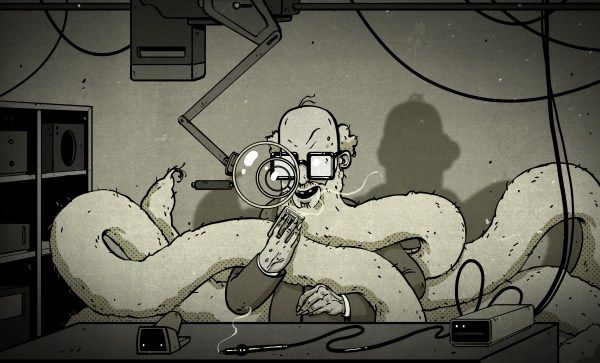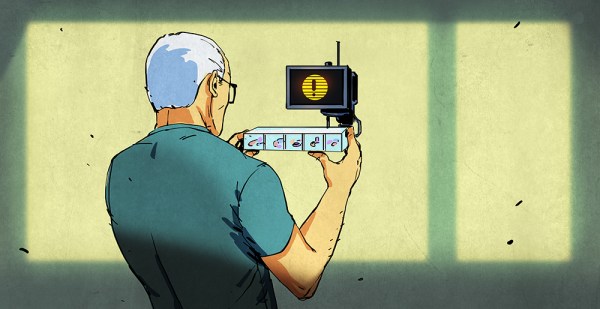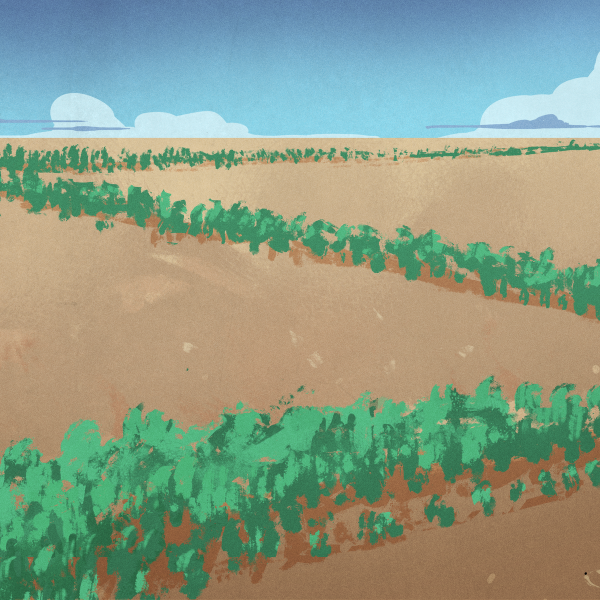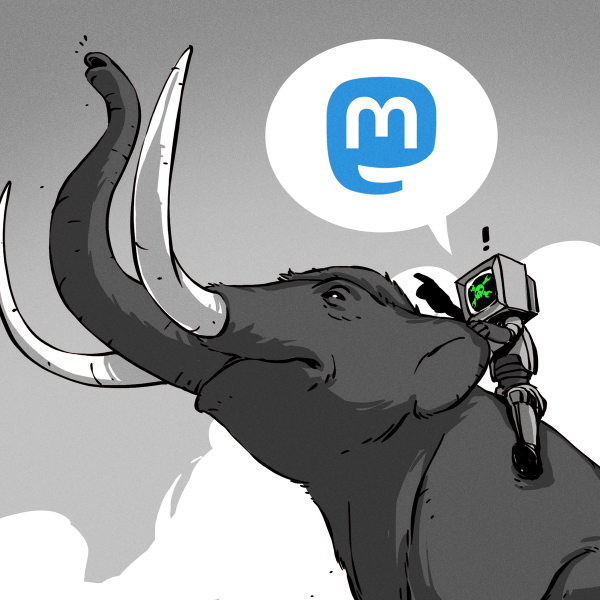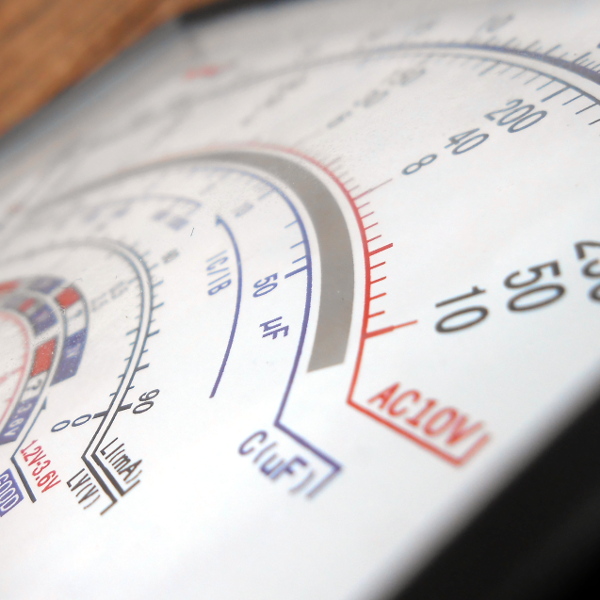It happens with every generation – we’re born, our parents care for us and nurture us, we grow up, they grow old, and then we switch roles and care for them. Soon it’ll be my turn to be the caregiver to my parents, and I recently got a preview of things to come when my mom fell and busted her ankle. That it wasn’t the classic broken hip was a relief, but even “just” a broken ankle was difficult enough to deal with. I live 40 minutes away from the ‘rents, and while that’s not too bad when the visits are just the weekly dinner at Grammy’s, the time and the miles really start to add up when the visits turn into every other day to make sure Mom’s getting around OK and Dad is eating and sleeping.
I was sorely tempted to hack some kind of solution to give myself a rudimentary telepresence, but I couldn’t think of anything that wouldn’t have either been unacceptably intrusive (think webcams) or difficult to support from an IT perspective. Mom’s pretty handy with the iPad and she Skypes with my brother and his family out in California, but beyond leveraging that I was tapped out for ideas that I could easily deploy and would deliver sufficient value beyond the support burden within the time frame of healing the ankle. Consequently, I spent a lot of time in the car this summer.
This experience got me to thinking about how intergenerational caregiving will change with the rise of pervasive technology. The bad news: we’re still going to get old, and getting old sucks. The good news is, I think technology is going to make things easier for caregivers and elders alike. We have an incredible range of technology experiences among the generations present right now, from my parents who can remember phones without dials and nights spent listening to the radio, to my daughter’s generation that is practically growing up with supercomputers in the palms of their hands. How each generation ages and how it embraces technology as a solution for age-related problems are going to be vastly different.
Continue reading “The Race To Develop Technology That Enhances Elder Care” →

